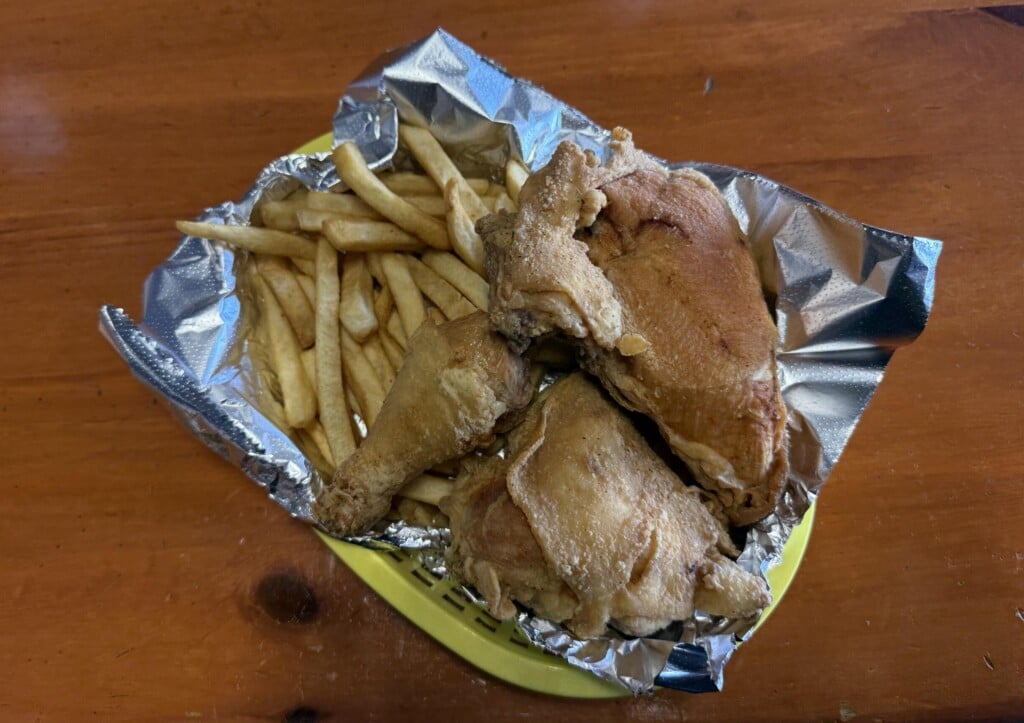EBT Restaurant prepares to blow out the last flambé fires
%{[ data-embed-type=”image” data-embed-id=”” data-embed-element=”aside” ]}%
Bittersweet but not surprising — such was last week’s announcement that EBT Restaurant, a south Kansas City fixture for 36 years, would close following New Year’s Eve.
With scarce exception, fine dining — starched linens, starchier service — is a dinosaur in this market. The customers who avidly supported EBT in its heyday have, for the most part, passed on. And last year, the man who conceived the restaurant, R. Crosby Kemper Jr. — the banker who, for decades, led UMB Financial Corp. — died. EBT was a pet project of Kemper’s, a restaurant sharing a building with what was, in the late 1970s, the newest branch of United Missouri Bank, at the intersection of Interstate 435 and State Line.
“It was Dad’s idea to put a restaurant in that space,” says his son Crosby Kemper III. “He also owned all the artifacts from the old Emery Bird Thayer store, and it was his idea to use those for the restaurant.”
One of Kansas City’s finest department stores, Emery Bird Thayer stood at 11th Street and Grand for 83 years before it was razed to make way for the building that would become UMB’s corporate headquarters.
“I don’t think my father would have put it into these words,” Kemper says, “but I think he felt guilty about tearing down that building. He had, at one point, tried to interest Marshall Fields in moving into it. But the building had some issues and, ultimately, it came down. But Dad saved a lot of architectural and interior details.”
Kemper Jr. used some of those architectural relics — including two brass elevator cages, a few lead-glass windows, column ornaments of carved brownstone, and a fountain — in the restaurant, which was named for the extinct store.
There was nostalgia for the razed department store in the restaurant’s early days, but that didn’t create a surge of business for EBT.
“There was some talk of closing it 18 months after we opened it,” says Ed Holland, the restaurant’s first general manager — handpicked by Kemper Jr. — who worked for the venue’s operator, Myron Green Corp. (now Treat America Food Services). “I knew we had to stick it out. But there were concerns from the beginning: that it was too far south, that it was not in a free-standing building, that it had so little visibility from the street.”
What EBT did have, from the beginning, was style. And good food. And polished service.
With those assets, EBT eventually caught on as a destination for special occasions. Flambéed dishes prepared tableside, live music, fresh roses (from Holland’s own garden) on the white-clad tables — this was where nervous men asked women to marry them, confident that the meal, at least, would be persuasive. And even as other expensive restaurants here (and pretty much everywhere else) de-emphasized formality and ambience, EBT kept up tradition. The whiff of Caesar dressing and the grinding of peppercorns and the lighting of bananas Foster remained key sensuous touchstones here.
“One of our managers in the late 1990s decided to do away with all of that,” Holland recalls. “You can’t believe the backlash we got. Letters — hate mail, really — angry phone calls. After 30 days, we brought those dishes back.”
There’s no one reason for the decision to close EBT Restaurant, Holland says. Lunch business had fallen off, dinner reservations had declined, and the younger diners weren’t showing up.
Leo Geismar, who served as EBT’s executive chef from 1997 to 2003, says of the restaurant’s distinct challenges: “It was a tricky location and was always known for having an older crowd. Younger people don’t want to eat in a bank building. EBT always had a reputation for good food and great service, but the perception was that we were too expensive. And maybe we were, but we offered the best quality of everything. We changed our menus every season, but it was hard to get the word out.”
“Another problem was the dissipation of the population there,” Kemper III says. “They moved away in all directions. And for those who stayed, there were more than a couple of restaurants to choose from. And people have gotten used to eating in more casual venues.”
“Kansas City isn’t losing just a great classic restaurant; it’s losing another live-music venue,” says pianist Candace Evans, who has performed at EBT for nearly two decades. “Yes, we had an older clientele, but they loved being able to hear live music during their dinner. I think it took them back to a different time. It was very special, like a fantasy.”
So after the restaurant closes, what will happen to the EBT space and the Emery Bird Thayer relics?
“I don’t know,” Holland says. “They’re all owned by United Missouri Bank. I’m sure another restaurant will move in. But I don’t know. It’s a great question.”




